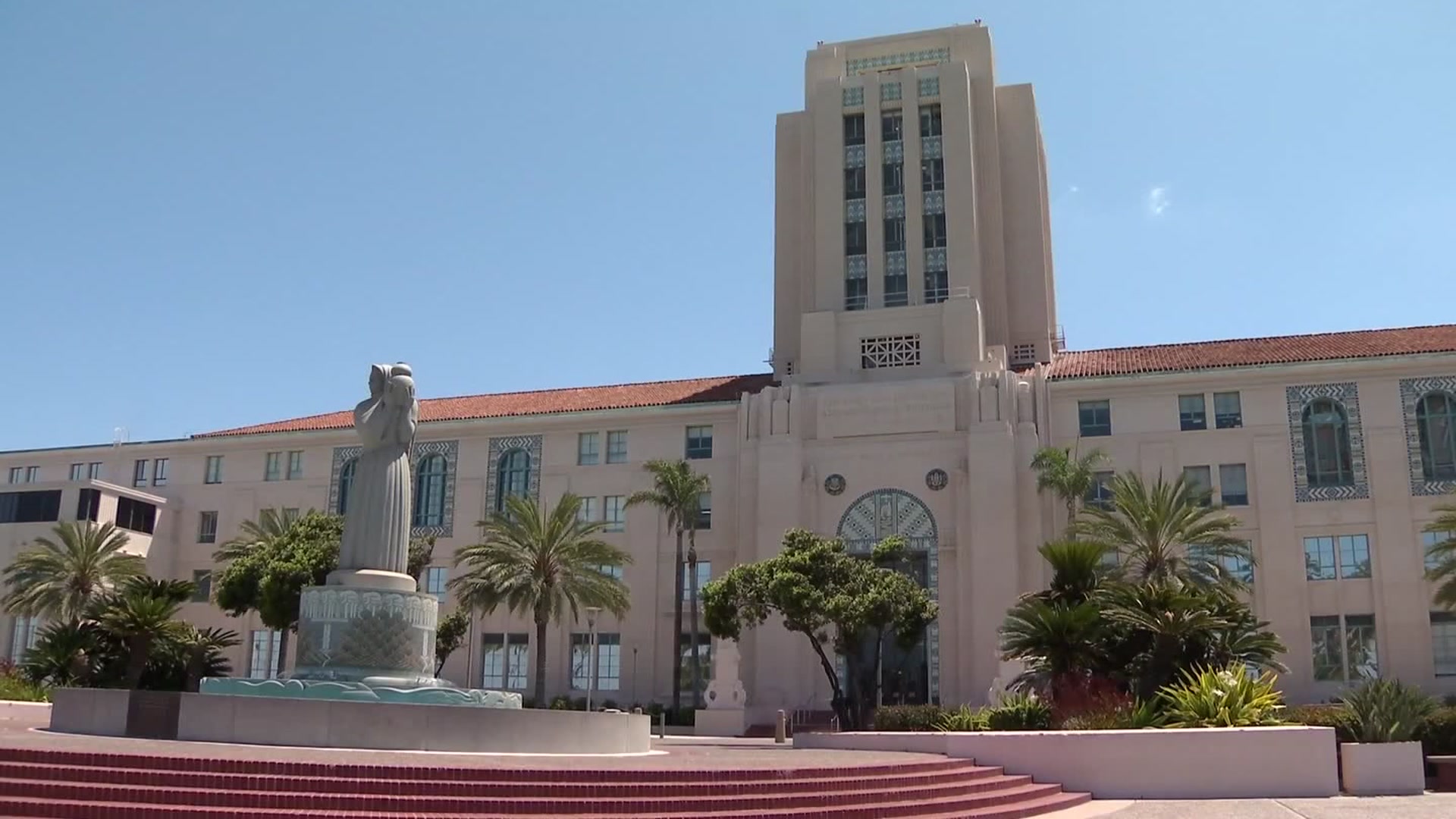An encounter between a coyote and a dog on a walk with its owner in Rancho Peñasquitos is leading some neighbors to believe coyotes are getting more bold.
The coyote seemed to come out of nowhere Tuesday when it confronted Lilliana Bristman’s 13-year-old Maltese named Niko on Park Village Drive near Rumex Lane.
Niko panicked, slipped out of his harness and ran off. The coyote pursued and neither one has been seen since, Bristman said.
For nearly 13 years Bristman and Niko have walked the neighborhood. She is just coming to grips with the idea that Tuesday was her last.
"He was our family member, so it’s just horrible. Just horrible," Bristman said.
Coyote sightings, and even attacks are, not new to Bristman’s neighborhood.
Carol Robinson's Maltipoo named Sparky was attacked nine weeks ago to the day in her back yard.
Local
"He had multiple puncture wounds on the both sides of his rib cage," Robinson said.
Her son was standing a just a few feet away.
"I'm very angry by it and that something can't be done," Robinson said.
Last June the Helen Woodward Animal Center released a warning concerning an apparent increase in Coyote attacks and aggressive behavior.
The animal center blamed the attacks in more populated areas on fires destroying natural habitat, seasonal drought, heat, and recent housing development. All of those factors, the warning states, are forcing coyotes to seek food outside their normal locations.
"What's going to be next? Maybe small children that are going to be attacked because he is not afraid of a human anymore?" Bristman wondered.
There is no easy answer. Victims of such attacks say sharing territory with such predators is not a fair solution.
Bristman and her neighbors have searched for Niko the last three days and haven't found a trace. She wrote San Diego city administrators about the problem in hopes it won't happen to other pet owners.
The Helen Woodward Animal Center advises pet owners not to run from Coyotes. Instead, they should make loud noises or throw small objects near them to discourage the invasive behavior.



